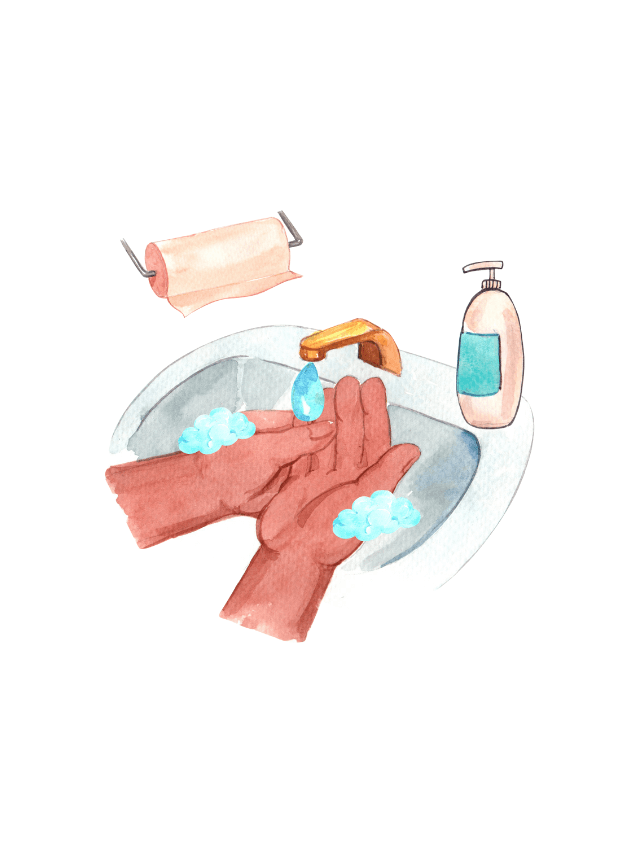Recently I came across an interesting article titled “Feeling guilty or sinful? Just Wash your hands !!!“. The article was about understanding how not only our mental states determine our behaviour but also how our behaviour can help us control our mental states.
The author refers to certain research suggesting that people who were feeling guilty after making a mistake, feel better after taking a bath or washing their hands.
An expert from the post:
“Whenever we make a mistake of behaving in a way that is contrary to our core beliefs & values, we experience the feeling of ‘Disgust’. It’s important to note that we also experience ‘Disgust’ when we feel physically ‘unclean’. Due to evolutionary reasons too deep to discuss here, the emotion of disgust is evoked by the same neural pathway in our brain – whether it is caused by physical ‘dirtiness’ or by moral ‘impurity’.
No wonder then, that time and again psychological studies show that people who are asked to remember a shameful or immoral task & immediately asked to wash their hands experience far less guilt & sinfulness compared to those participants who did not wash their hands – somehow, the brain interprets (confuses!) the act of physical cleansing with ‘moral’ cleansing, attenuating the emotion of guilt!”
Why washing hands when feeling guilty to get relief is not a good idea?
Though I agree with the author’s observation, what we need to remember is that in most cases washing hands does not resolve the “feeling guilty” issue completely, it just makes us feel better at that moment. If the same person recalls or is reminded of the mistake, the feeling of guilt comes back. This time to deal with this guilty feeling, in some cases, one has to wash his/her hand for a bit longer and then the next time a bit longer.
The thing with the human mind is that it learns strategies very quickly especially if it works (for example washing hands when feeling guilty). But if these strategies only give us temporary relief, these strategies have the same fate as that of a pain killer. Subsequently, you need more of them to reduce the same level of pain / guilty feeling and this continues till the pain killer in case of pain or washing hands in case of feeling guilty does more or less becomes ineffective.
And as is the case with the mind, if a strategy that was working earlier stops working, the mind instead of looking for a different strategy ends up repeating the same strategy more zealously. This could lead to compulsive behaviours.
Our suggestion is for you to be careful about any strategy you use. Observe whether the strategy is providing temporary relief or complete resolution. If the strategy is providing complete resolution then brilliant and if only temporary relief then continues looking for a strategy that will help you get complete resolution.
The best way to deal with feeling guilty (purely from my perspective) is to learn from it. The key is to learn to respond (internally or externally as the case may be), in similar future situations, in a way which is different from the response that leads to guilt feeling.


